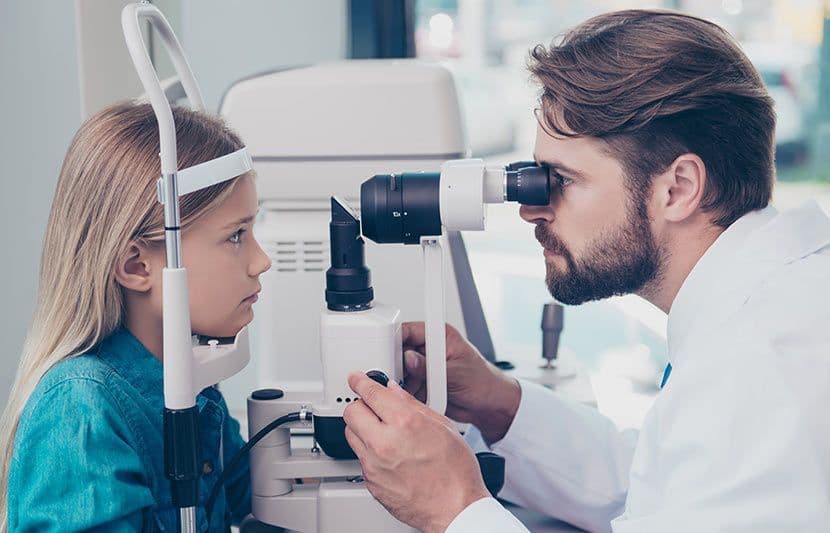
Munich's Aging Population and Age-Related Macular Degeneration
Munich, with its rich history and cultural heritage, has a population that is aging gracefully. As people in Munich grow older, they face a higher risk of age-related eye conditions, such as age-related macular degeneration (AMD). In this article, we will explore the impact of AMD on Munich's aging population, its causes, symptoms, and available resources for diagnosis and management.
Understanding Age-Related Macular Degeneration (AMD)
Age-related macular degeneration is a progressive eye disease that affects the macula, the central part of the retina responsible for sharp, central vision. AMD is a leading cause of vision loss in older adults and can significantly impact a person's quality of life. Visit site dr-zarth.de.
Causes of AMD
AMD is a complex condition influenced by both genetic and environmental factors. Some of the common causes and risk factors include:
Age: As the name suggests, aging is the primary risk factor for AMD. The condition is more common in individuals over the age of 50.
Genetics: A family history of AMD can increase the risk of developing the condition.
Smoking: Smoking is a modifiable risk factor that significantly increases the likelihood of AMD.
Nutrition: A diet low in antioxidants, vitamins, and minerals may contribute to the development and progression of AMD.
Ultraviolet (UV) Exposure: Excessive exposure to UV light, often due to living in sunnier regions like Munich, can increase the risk of AMD.
Symptoms of AMD
AMD typically progresses slowly, and symptoms may not be noticeable in the early stages. However, as the disease advances, individuals may experience:
Blurred or distorted central vision
Difficulty reading or recognizing faces
Dark or blank spots in the central vision
Changes in color perception
Diagnosis and Management
Early detection and management are key to preserving vision in individuals with AMD. Munich offers access to advanced diagnostic and treatment options:
Comprehensive Eye Exams: Regular eye exams with an ophthalmologist or optometrist can help detect AMD in its early stages.
Fluorescein Angiography: This imaging test helps ophthalmologists assess blood vessel abnormalities in the retina.
Optical Coherence Tomography (OCT): OCT provides high-resolution images of the retina, aiding in the diagnosis and monitoring of AMD.
Intravitreal Injections: For certain types of AMD, intravitreal injections of anti-vascular endothelial growth factor (VEGF) drugs can slow disease progression.
Laser Therapy: Laser therapy can be used to treat certain forms of AMD, particularly those with abnormal blood vessels.
Nutritional Supplements: A diet rich in antioxidants, vitamins, and minerals, as well as supplements, may help slow the progression of AMD.
Resources for AMD in Munich
Munich provides resources and support for individuals dealing with AMD:
Specialized Eye Centers: Munich boasts world-class eye care facilities staffed with experienced ophthalmologists who specialize in AMD diagnosis and management.
Low Vision Rehabilitation: Munich offers low vision rehabilitation programs to help individuals with advanced AMD maintain their independence and quality of life.
Support Groups: AMD support groups provide a platform for individuals to share experiences, seek advice, and receive emotional support.
Conclusion
As Munich's population continues to age gracefully, the prevalence of age-related macular degeneration becomes increasingly relevant. By staying informed, attending regular eye exams, and seeking prompt treatment when necessary, Munich's aging population can maintain their visual independence and continue to enjoy the city's cultural richness and scenic beauty well into their golden years.
Appreciate the creator